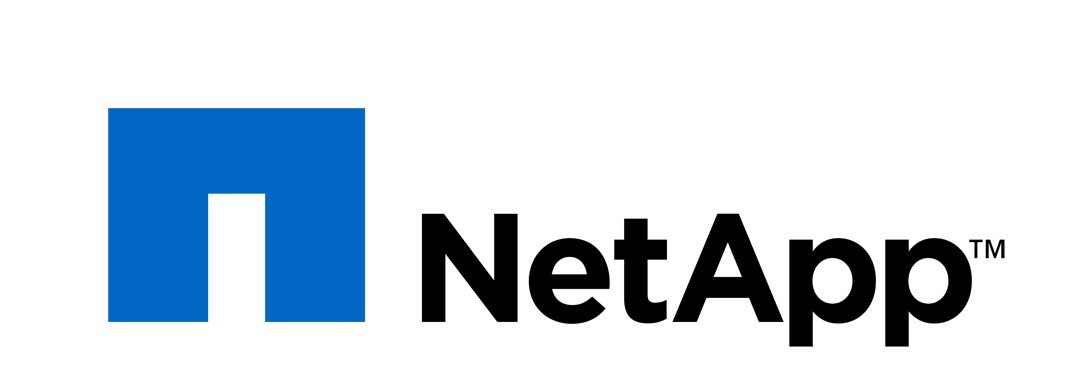
Cisco, Microsoft announce data center initiative
Cisco and Microsoft announced a three year partnership to improve integration across their cloud and data center offerings. Under the agreement the tech giants will enhance the integration between their portfolios and streamline incentives for their mutual channel partners to go to market with joint Cisco and Microsoft technologies such as Cisco's Unified Computing System (UCS), Cisco's Nexus switching line and Microsoft Cloud OS solutions including Windows Server, System Center, SQL Server and Microsoft Azure. The deal builds on a 10-month pilot program announced last year that was expected to drive more collaboration between the two company’s partner communities by providing them with more training resources on bundled Cisco-Microsoft solutions. The new program will kick off with a joint initiative aimed at migrating Windows Server 2003 customers to Windows 2012 R2 on the Cisco UCS platform. Microsoft will end Windows Server 2003 support on July 14, 2015. The companies' partner incentive programs will be aligned as part of the new agreement, a key component of which is the new Cisco Referral Program (CRP), which will reward Microsoft partners for selling integrated Microsoft and Cisco data center solutions.
NetApp, Microsoft partnership extends private storage to Microsoft Azure
 NetApp took the wrapper off a new solution that will extend on-premise data directly to the Microsoft Azure public cloud as part of a hybrid cloud environment. This is the second offering in NetApp’s Private Storage for Cloud initiative, which uses direct, secure connections to public cloud storage to combine the best features of on-prem storage and public cloud storage. The program was unveiled in 2012 with a similar engagement with Amazon Web Services. According to the company, the idea is to provide customers with the flexibility and cost savings of public clouds with the control and privacy of NetApp private storage. The new offering uses Microsoft Azure ExpressRoutetechnology to create private connections between customer IT infrastructure and Azure data centers, just as NetApp Private Storage for AWS uses Amazon's AWS Direct Connect technology to accomplish the same task. Similar arrangements are planned with other cloud services providers as they introduce similar high-performance direct connection capability.
NetApp took the wrapper off a new solution that will extend on-premise data directly to the Microsoft Azure public cloud as part of a hybrid cloud environment. This is the second offering in NetApp’s Private Storage for Cloud initiative, which uses direct, secure connections to public cloud storage to combine the best features of on-prem storage and public cloud storage. The program was unveiled in 2012 with a similar engagement with Amazon Web Services. According to the company, the idea is to provide customers with the flexibility and cost savings of public clouds with the control and privacy of NetApp private storage. The new offering uses Microsoft Azure ExpressRoutetechnology to create private connections between customer IT infrastructure and Azure data centers, just as NetApp Private Storage for AWS uses Amazon's AWS Direct Connect technology to accomplish the same task. Similar arrangements are planned with other cloud services providers as they introduce similar high-performance direct connection capability.
Microsoft partners to provide Office 365 and Intune tech support
Through the newly announced Cloud Solution Provider program, Microsoft unveiled plans to allow its channel partners – including distributors, MSPs, ISVs and hosting providers – to bundle their products and services with Microsoft cloud services. Under the program, selected partners will be responsible for provisioning and managing cloud software for their customers, and they'll also handle technical support, said John Case in a WPC keynote address. This means partners will be able to give customers a single bill that includes both their services and Microsoft services, said the Corporate vice president of marketing for Microsoft Office. The program will be rolled out to "select" partners over the next year, starting with Office 365 and Intune. Azure, Dynamics CRM Online and other cloud services will be added later. Case did not disclose what qualifications will be required to be selected for the program. According to Microsoft Office 365 is its fastest growing business ever, turning over $2.5 billion annually. About three-quarters of Office 365 customers already get their services through a Microsoft partner.
Job cuts loom as Microsoft plans major reorganization
According to a report published by Bloomberg, Microsoft is planning to cut thousands of jobs in what would probably be the largest round of layoffs in company history. The Redmond, Wash.-based software company’s last major layoffs were in 2009 when it shed about 5,800 people in a move that cut $1.5 billion. Since it acquired Nokia’s handset division for $7.2 billion in April, Microsoft has more than 127,000 employees globally. While industry speculation is rife about how many people will lose their jobs and what divisions will be affected, it is no secret that new CEO Satya Nadella was opposed to the Nokia acquisition and will abandon the “Devices and Services” vision of former CEO Steve Ballmer that drove it instead preferring to focus on “platforms and productivity.”


